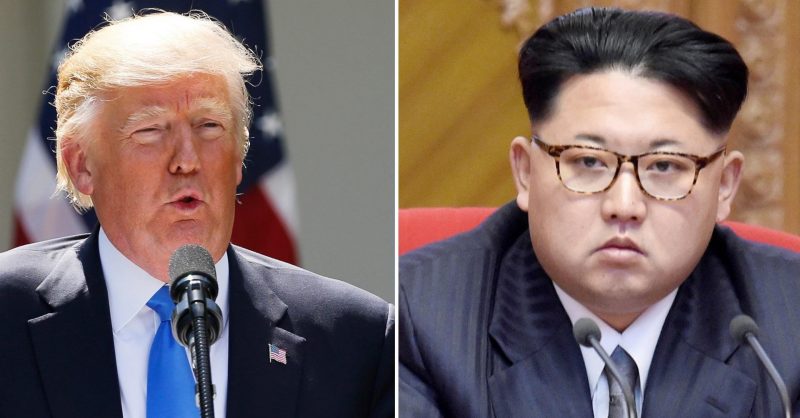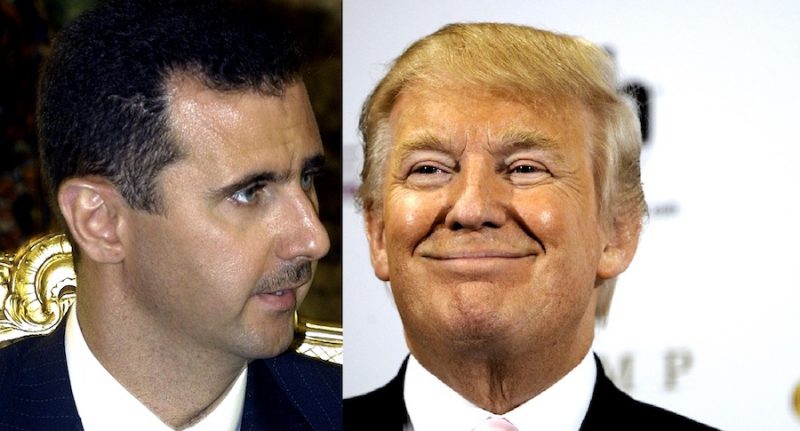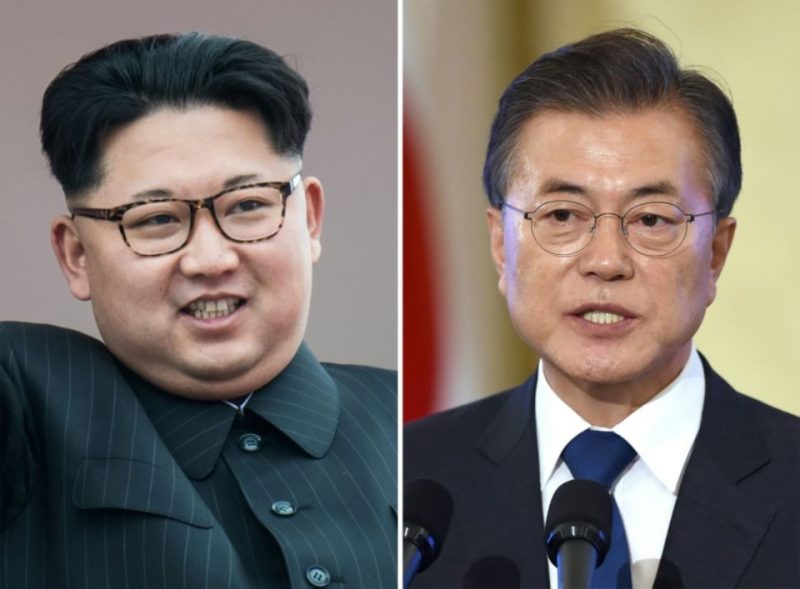
The Trumpism-based hopes for peace in the Middle East and Korea which emerged in May 2017 [Note 1] are materializing as President Trump, after agreeing to hold a summit with Kim Jong-un, “is dramatically scaling back U.S, goals in Syria as he pushes for a quick military withdrawal” [Note 2].
One of the major reasons for this fundamental game change is that, with reference to the study of 209 cases of Forcible Regime Promotions over 500 years (A.D. 1510-2010) by Professor John Owen of the University of Virginia [Note 3], Trump’s placing of practical benefits and costs as the top priority to America’s greatness and shifting away from liberal universalism have immensely alleviated the transnational elitist conflicts.
In South Korea, like all other countries, elites of different backgrounds hold different values. In the past decades, leaders like President Kim Dae-jung (1998-2003) and President Roh Moo-hyun (2003-8) were amiable towards North Korea, but leaders like Lee Myung-bak (2008-13) and Park Geun-hye (2013-7) were rather hostile.
Those elites who share certain common values normally form various domestic networks, and for realizing their ideas they compete against each other for political power or influence. When certain issues involve international politics, the elitist groups and parties would then get connected with some foreign entities which share similar ideologies, thus forming the ‘Transnational Ideological Networks’ (TINs).
“TINs strive perpetually to alter domestic regimes across states … try to help one another through various means, including the sharing of information, strategies, and tactics …” (2010: p.35). When these political elites are highly polarized, the TINs often trigger regime crisis or great-power war (2010: p.32). The greater power’s government, once feels that its internal or external security is under grave threat, will co-act with the TINs to promote some sort of regime change inside the weaker power and the worst scenario is to do it by force.

In the case of South Korea, were Park Geun-hye in power when the United States was suffering from a series of threats from Pyongyang’s nuclear and missile tests, the Pentagon probably have had launched several “bloody nose” pre-emptive attacks to North Korea.
In Syria, the polarization between the Assad administration and the dissenting tribes so happened that it matched with Obama’s liberal universalist agenda, thus triggering the American efforts to promote a forcible regime change there.
However, the emergence of Trump’s leadership, Moon Jae-in’s presidency and the Syrian refugee crisis in Europe have significantly diluted the polarization in Korea and Syria respectively. And the most important factor is Trump’s value orientation.
“My job is not to represent the world. My job is to represent the United States of America …” Trump’s ‘America First’ doctrine which was stated clearly in his first Joint Address to the Congress, as what I said in March 2017, “boldly motions a paradigm change in the International Relations, namely, from the century-long ‘West vs Rest’ theme to a ‘United States vs Others’ notion” [Note 4].
Trump will allocate less resource on those none of the business of the ordinary American citizens, especially their daily livelihood. He is practical or pragmatic rather than ideological or idealistic. It is why, for example, Trump keeps on reminding the Seoul government of the sharing of the American troops and THAAD costs.
President Moon’s rapprochement approach also plays a role in softening the polarization not just between the North and South in the peninsula, but also between Pyongyang and Washington, especially in the wake of Prime Minister Abe’s belligerence. Quite a number of influential U.S. strategists, such as Steve Bannon, lean on negotiation with rather than fight against North Korea [Note 5], but they need a proof that Pyongyang is serious and sincere about denuclearization.

President Moon did it, and did it very well. It has thereby reinforced the elitist doves’ weight against those hawkish elites who question the summit’s usefulness. However skeptical the latter may be, the differences between the two sides have been softened rather than sharpened.
The Syrian refugee crisis in Europe has vastly destabilized the European Union’s internal unity. Economic worry, unemployment anxiety, cry for religious segregation, doubts on racial assimilation and the like are the major topics in daily life as well as political elections in Europe, putting aside the thought and slogan of the so-called Western format of liberal democratization in Syria (and Libya).
The EU elites and governments who previously endorsed Obama’s intervention have bowed down to the reality and somehow put heavy pressure on the Trump administration to de-escalate the combats in Syria. Gone is the idealistic Obama, and here we have the pragmatic Trump. The polarization between the TINs over the ‘retaining or removing’ of the Assad regime has melted down.
Although the Iran-Israel and U.S.-China TINs’ confrontations are getting worse, the steps towards peace in Syria and Korea will continue to be steady at least within Trump’s era.
By Keith K C Hui
The 21st Century
Notes:
[Note 1]
The 21st Century, “New Hopes for Peace in the Middle East and Korea”, May 8, 2017.
https://www.21cir.com/2017-05/new-hopes-for-peace-in-the-middle-east-and-korea.html
[Note 2]
Military Times, “Trump scale back US goals in Syria, leaves future to others”, Apr 5, 2018.
[Note 3]
John M. Own IV (2010), “The Clash of Ideas in World Politics: Transnational Networks, States, and Regime Change, 1510-2010”, Princeton and Oxford: Princeton University Press.
http://www.themontrealreview.com/2009/The-clash-of-ideas-in-world-politics-john-owen.php
[Note 4]
The 21st Century, “What is means to China after Trump says America respects all nations’ own path”, Mar 21, 2017.
[Note 5]
The 21st Century, “Increasing coverage of the Korean War atrocities by US news medias altering American public opinions”, July 24, 2017.
